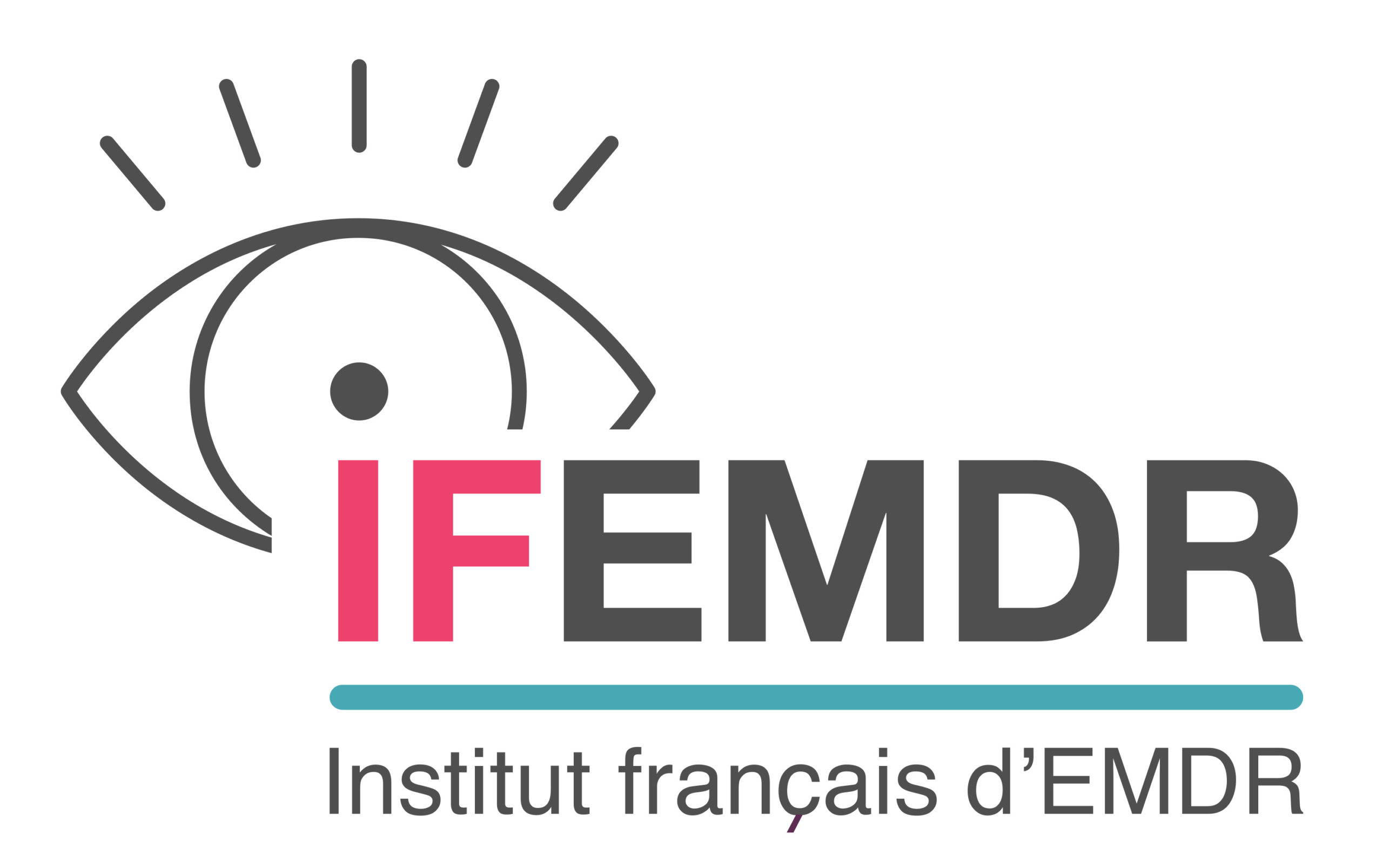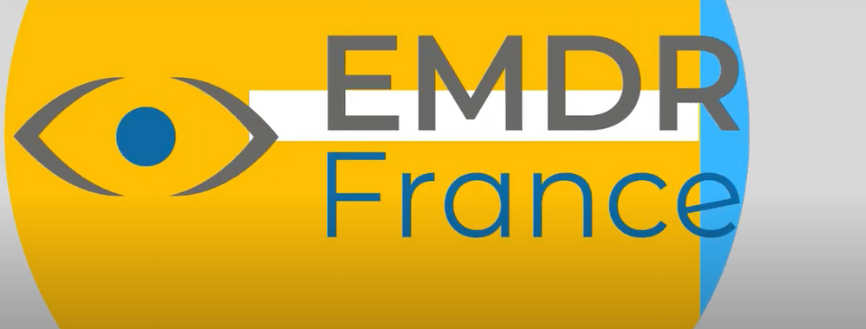
Interview de Francine Shapiro
Mis à jour le 10 octobre 2022
Une interview de Francine Shapiro, réalisé par , a été publiée sur psychotherapy.net
Francine Shapiro, you are the originator of EMDR therapy, the founder and executive director of the EMDR Institute, and author of numerous books, articles, and other interviews about this process. I want to begin by asking you a basic question: What is EMDR therapy?
Francine Shapiro : Eye Movement Desensitization and Reprocessing, or EMDR, is a form of therapy that focuses on memory and the brain. Every different form of therapy has a different model, a different way of conceptualizing cases and different procedures. For instance, in cognitive behavior therapy (CBT), pathology is based on inappropriate beliefs and behaviors. In psychodynamic therapy, it’s intra-psychic conflicts. In EMDR therapy, pathology is based on unprocessed memories that are stored intact—so if someone has some irrational beliefs or negative behavior, that’s not the cause but rather the symptom.
For example, let’s say we’re humiliated or bullied in grade school, and instead of the brain digesting it and making sense of it and letting it go, it actually gets stored in the brain with the emotions and the physical sensations and the beliefs that were there at the time. One of the functions of the information processing system of the brain is to make sense of the world, so if something happens 30 years later as an adult that is similar in any way, it has to link up with the memory networks to be made of sense of. In other words, if I’ve never seen a cup before, I don’t know what it is or what to do with it. The perceptions that we have about something in the present link up with the memory networks, and if it connects with that unprocessed memory, it gets triggered, and the emotions, physical sensations, and beliefs—“I’m terrible, I’m not good enough, I can’t succeed”—get triggered as well.
People may have no idea why they continually feel anxiety in social situations or when they talk to somebody at work, because the situation is linking them to an unprocessed memory, and those feelings are coming up automatically. We really are at the mercy of our memory networks, and if an experience hasn’t been processed, we’re just buffeted hither and yon by all of these negative emotions and feelings. With EMDR therapy, we identify what those earlier experiences are and we process them. We bring that information processing system back online. And what happens during an EMDR therapy session is that very rapid associations and connections or insights are made, and the emotions, physical sensations, beliefs—all of those shift to a level of learning and resilience, so we simply aren’t triggered that way any longer.
Lire l’intégralité de l’interview de Francine Shapiro
En savoir plus : nos articles sur Francine Shapiro
- Vidéo avec Francine Shapiro
- Livre Des yeux pour guerir, EMDR : la thérapie pour surmonter l’angoisse, le stress et les traumatismes de Franicne Shapiro
- Livre Manuel d’EMDR (Intégration neuro-émotionnelle par les mouvements oculaires). Principes, protocoles, procédures, de Francine Shapiro
- Article ” Entretien avec Francine Shapiro: aperçu historique, questions actuelles et directions futures de l’EMDR ”
- Livre dépasser le passé de Francine Shapiro
- Presse article de Francine Shapiro – Helping You And Your Children Make It Through Divorce
- Livre Getting Past Your Past : Take Control of Your Life with Self-Help Techniques from EMDR Therapy de Francine Shapiro
en savoir plus :
- toutes nos news EMDR
- en savoir plus sur nos formations EMDR



